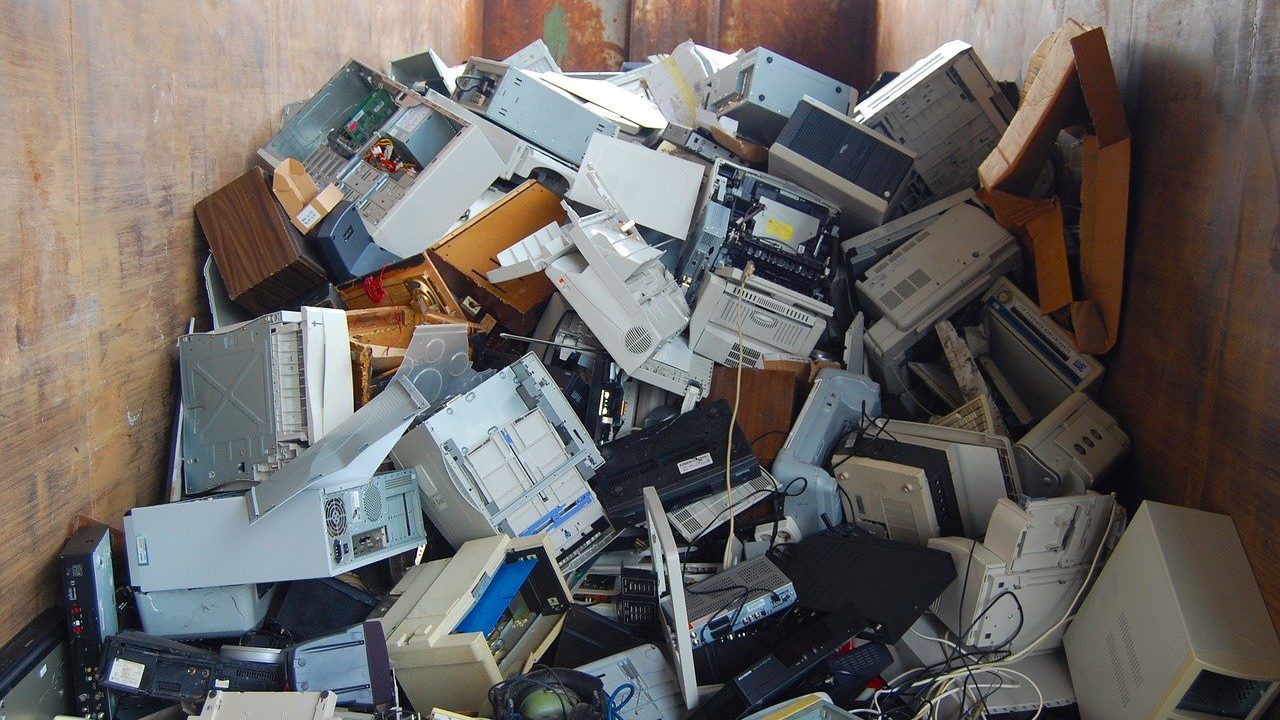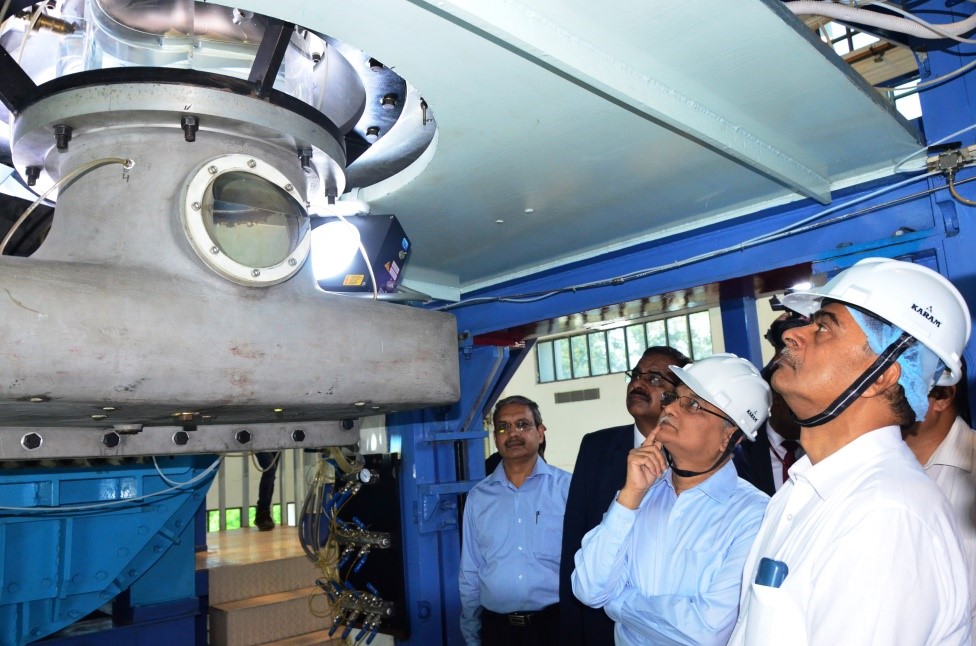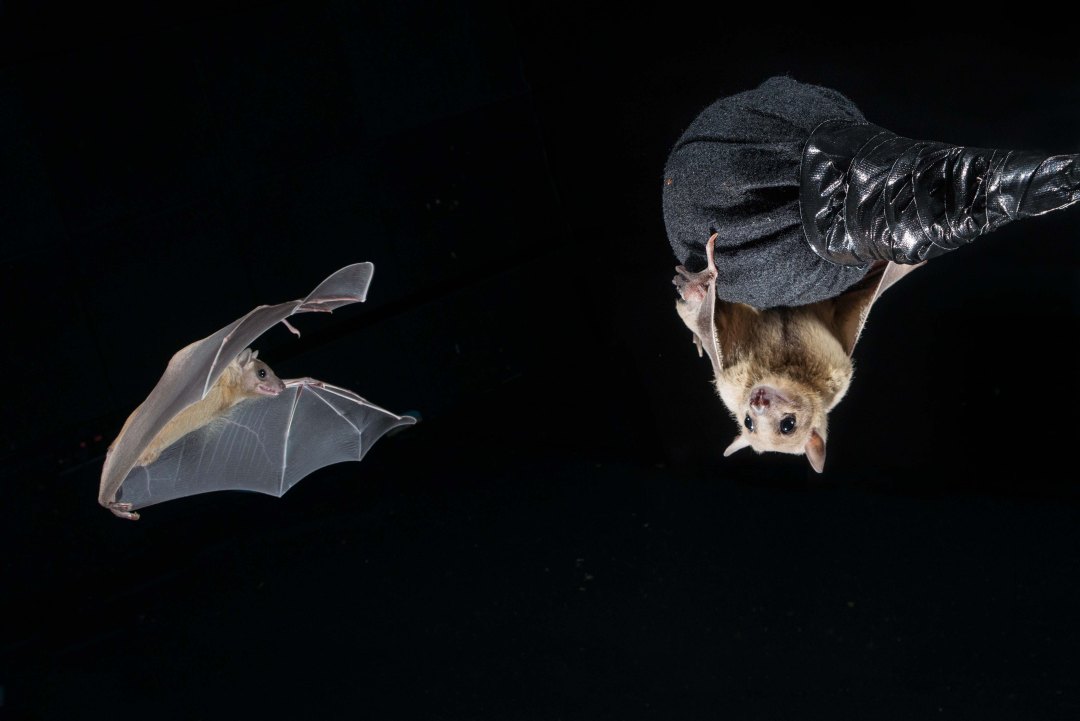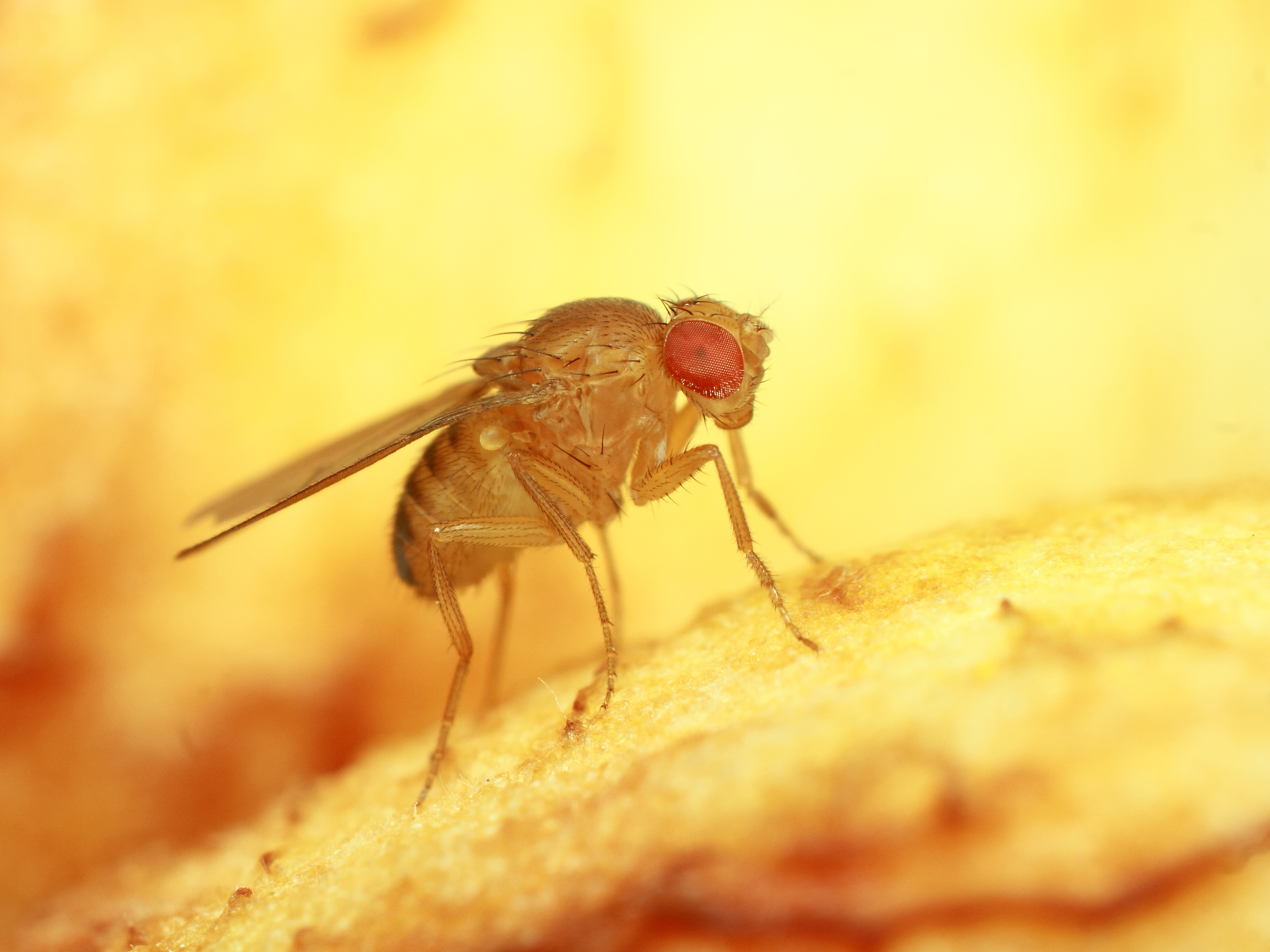The huge generation of mobile phone batteries, its rudimentary disposal, improper collection system as well as lack of cost-effective processing technology has resulted in the loss of valuables encapsulated in them. For recovery of cobalt and other valuable metals from the black powder and other constituents of lithium-ion Batteries (LIBs), National Metallurgical Laboratory (NML), Jamshedpur, has developed a novel process based on zero waste concept.
To boost cooperation in the sector of e-waste recycling, NML signed a Memorandum of Understanding (MoU) for Technology Transfer with Unique India Private Limited, Firozabad, for the extraction of cobalt metal and salt from the black powder of lithium batteries.
The process consists of physical beneficiation, leaching, solvent extraction, precipitation and electro-winning processes for recycling spent LIBs to get the value-added product (metal or salts) and protect the environment based on zero waste concept.
The active cathode materials of LIBs contain a variable concentration of cobalt, lithium, copper, manganese, etc., which make the chemical processes for metal recovery more complex. But the hydrometallurgical route adopted by the CSIR-NML team is very selective and exigent.
The novelty for the cobalt extraction process is the development of complete recycling flow-sheet for the recovery of plastics and all metals such as Co, Li, Mn, Ni and Cu from scrap LIBs. This process has the potential for industrial exploitation after some scale-up/ pilot studies in the closed-loop.
“Systematic laboratory-scale leaching studies were carried out and scientifically validated by well-proven equations and characterization studies. The reported process is environmentally benign and feasible compared to previously reported studies. Implementation of this process on a larger scale will help to maintain a clean and green environment”, said Dr. Sanjay Kumar, Head, Metal Extraction and Recycling Division.
“It will bring awareness among common people regarding the loss of valuables and the toxicity created due to dumping of scrap batteries to the environment”, remarked Dr. Indranil Chattoraj, Director, NML.
If you liked this article, then please subscribe to our YouTube Channel for the latest Science & Tech news. You can also find us on Twitter & Facebook.



